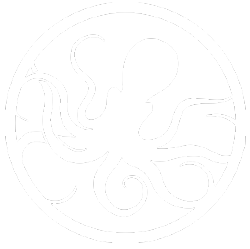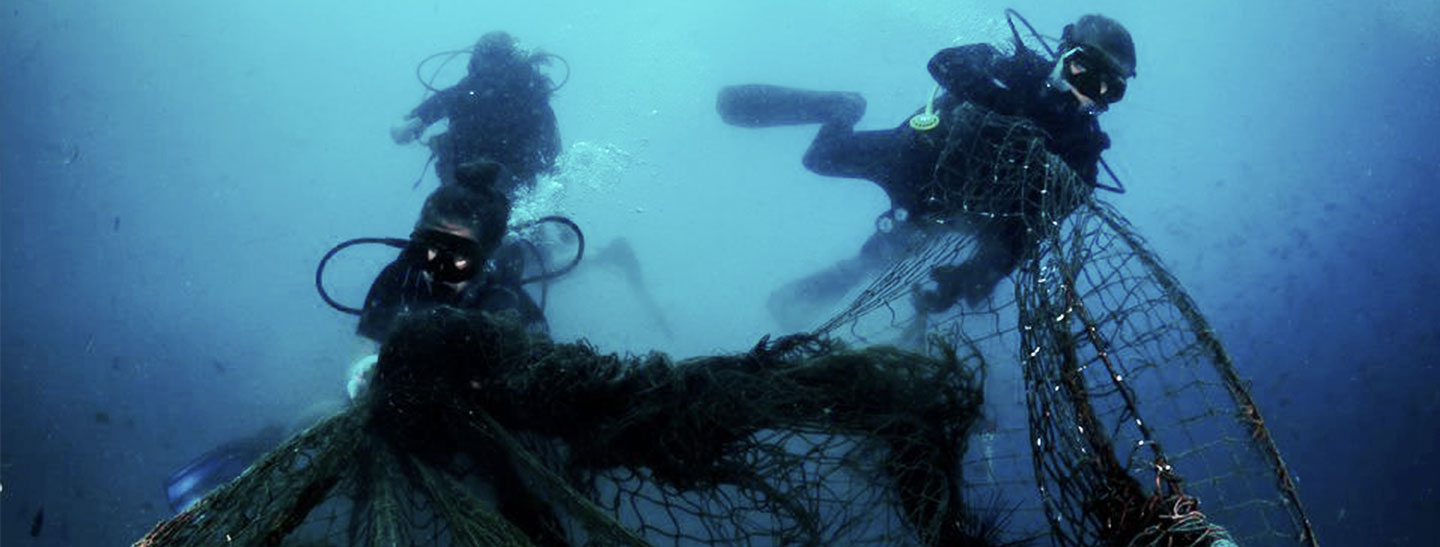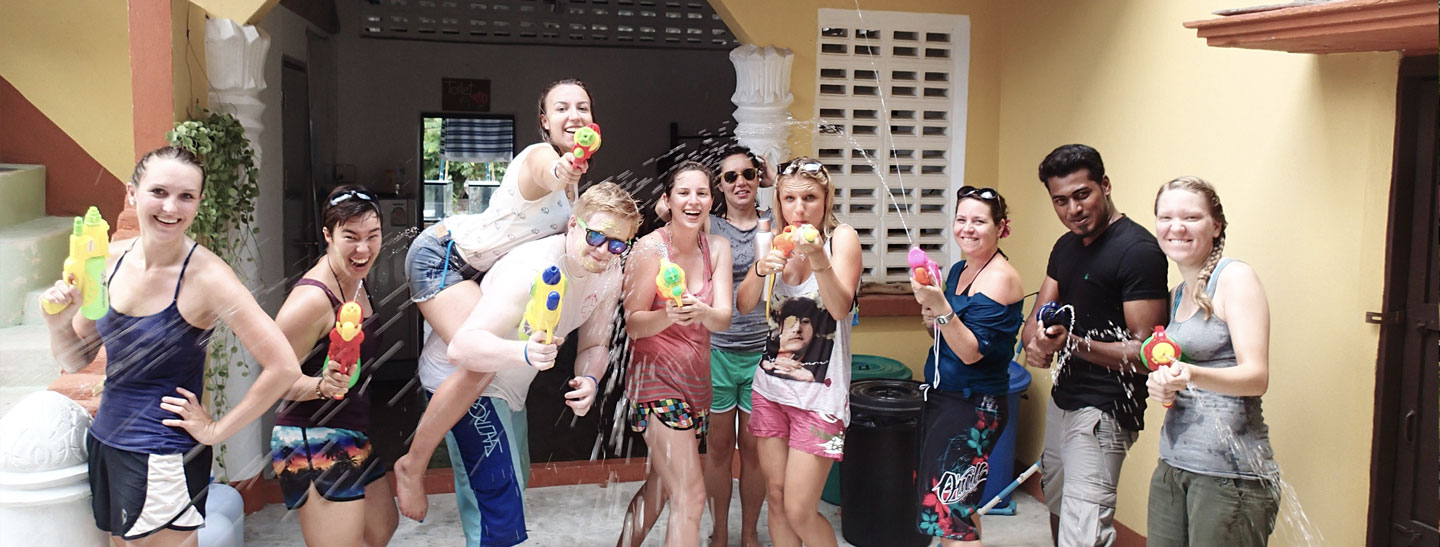Marine Conservation Internships
As you already know, the Oceans of planet earth are not exactly in a great shape these days. In fact a quarter of the world’s coral reefs, and their magnificent diversity of life, are already considered damaged beyond repair.
At CORE sea, we try to mitigate this situation by partnering scientific skill with environmental passion. Together with interns, researchers, conservationists and other great people, we develop, test and apply best practices to actively help our deteriorating coral reefs.
What will I do during an Internship?
Our conservation interns assist our conservation oriented research, maintain and establish projects like artificial reefs and coral nurseries, remove ghost nets, clean reefs and beaches, and what ever else is necessary to make a better world.
What is a typical day like?
We generally work from 9am-4pm, with a luchbreak for 6 days a week. The day starts with a briefing about current developments, and to plan the day. After that we’ll go out for 1 or 2 dives, where we work or collect data. After lunch, it’s time to debrief, process data or work on new projects.
What does it cost?
Our internships come in different packages,for 2,4,6 and 8 weeks. Longer internships are technically possible, but please send us a message first. The first two weeks are always for training, which is why they cost us and you more.
Click on the Application and more information button below, for information on costs.
Who can apply?
Everybody certified as Open Water diver or higher. You do not need an academic background, but it’s appreciated. More important are motivation, and flexibility.
“CORE sea has been an incredibly inspiring and formative experience for me. From the moment I arrived, I was “welcomed into a family of people who care deeply about the work they do, and each other. The course has given me the most up to date methods and knowledge in the fields of marine conservation and research so I can go forward more confident and able. I came with no dive experience and now have over 25 logged and am pursuing my rescue diver certification. I am falling more in love with diving, CORE sea, and Koh Phangan each day!
Marine Research Internships
Even though we have already been curious about the oceans since 1200 BC, only 3% of the aquatic world are considered explored. The neritic zone has only been accessible to divers for the past 100 years, so there are a lot of gaps in knowledge to be closed.
At CORE sea, we try to close these gaps by partnering scientific skill with passion. Together with interns, researchers, conservationists and other great people, we continuously study and investigate our wet environment.
What will I do during an Internship?
Our interns assist a team of international researchers, maintain and establish experiments, collect data, but are also involved in the conservation projects.
What is a typical day like?
We generally work from 9am-4pm, with a luchbreak for 6 days a week. The day starts with a briefing about current developments, and to plan the day. After that we’ll go out for 1 or 2 dives, where we work or collect data. After lunch, it’s time to debrief, process data or work on new projects.
What does it cost?
Our internships come in different packages,for 2,4,6 and 8 weeks. Longer internships are technically possible, but please send us a message first. The first two weeks are always for training, which is why they cost us and you more.
Click on the Application and more information button below, for information on costs.
Who can apply?
Everybody certified as Open Water diver (for the TCD route) or Rescue Diver (for the TRD route). You do need an academic background, we can only consider candidates enrolled in university programs. or that have already graduated.
Volunteering
Volunteers are great people that want to donate their time and money to worthwhile projects, and expand their personal horizons, instead of lazing around on a holiday. We also accept young people that are not sure whether they would like to pursue a university career, or gap year students needing to see a different aspect of life.
Terms and conditions are the same as for the Marine Conservation Internships, so please scroll back up for more information.
“My internship with CORE Sea has been transformational. I wasn’t sure exactly what to expect when I got off the pier in Thong Sala, but after a day I recognized the unique opportunity provided here in the sleepy fishing village of Chaloklum. Core offers interns the opportunity to experience marine biology by immediate application in the field, while still incorporating the fundamental theory necessary to be an effective conservationist. Everyone at the station is unbelievably supportive and oriented towards making interns self sufficient from the first day. It’s invigorating to be surrounded by the tight-knit Core community, which is united around a common goal: helping the Gulf of Thailand. I can feel myself becoming more confident in and out of the water with each passing day. Suffice to say I’ll be taking home a lot more than just my Core Sea hoodie when I leave.”
General Information and Questions:
Are there set start dates?
No, we accept participants throughout the year, except for our Monsoon break in December (Thailand only). The training restarts in a two week rotation, please plan your arrival together with us accordingly, to avoid disappointments.
Is there a maximum duration?
Yes. Most nationalities need a visa to stay longer than 30 days in Thailand or Indonesia. Staying longer than 60 days can be difficult. We can help arrange visas, but we only have limited space for long-termers.
Is there a minimum duration?
Yes, two weeks.
I’m under 18, can I still join?
That depends on you and your parents. Please send us a mail.
Can I work in the host country, to cover the costs?
Working at our destinations require a work permit, which is expensive and sometimes difficult to get. If you’re coming for a University accredited internship, you’re probably eligible for a grant, or some other form of support. Have a chat with your supervisors, you’ll be surprised what most countries have to offer.
Can I have a single room?
We offer single-sex dormitories with a maximum of 3 persons per room for free to our participants. You’re free to stay elsewhere, but you’ll have to cover the extra cost.
At the end of my Bachelor degree I really became interested in research of marine environment and its conservation. So far, I was only experienced in the theory of marine ecosystems and I finally wanted to see what’s it like down there and enjoy some practical experience. CORE Sea gave me the opportunity to work on current projects under water, that showed me interesting ways of doing research and conserving that beautiful and important environment. And while doing interesting stuff under water you improve your diving skills and see lots of colorful fishes.
The accommodation and the community in this sleepy and slightly smelly village, make you feel home as soon as you arrive. CORE Sea is a community of people where communication, cooperation and a good atmosphere is natural. Not only serious briefing before diving and carrying out data is of great importance, but also having a delicious barbecue or Thai food at the beach with tropical climate and a nice sunset.
Why do I need to pay to volunteer?
Put simply: because we haven’t found anyone to do it for you (yet). But that doesn’t have to be true for you, there are ways to get grants from universities, or governments, scholars grants etc.. You can also take a look at gofundme.com. And if all else fails: ask your creators.
Do I need a scientific background?
Only the research route requires a background, in the form of a degree, or enrollment in a program. All other courses do not have this requirement, but without curiosity or a strong interest in science, we are not the right place for you. We are very open for young people looking for experience in the field. be it for university purposes or because they would like to explore the opportunities.
How do I apply?
By sending us an email, with an attached letter of motivation and short CV or resume. We expect nothing formal or polished, we would like to get to know you before you come out. Please be honest, you’re not doing anybody a favor by over- or under exaggerating. Please be selfish, we want to know what we can do for you just as much as what you can do for us. Don’t be shy, the application is free and non-binding, its just a way to start chatting. Let us know when and for how long you’d like to join and we’ll get you started. It’s easy!






